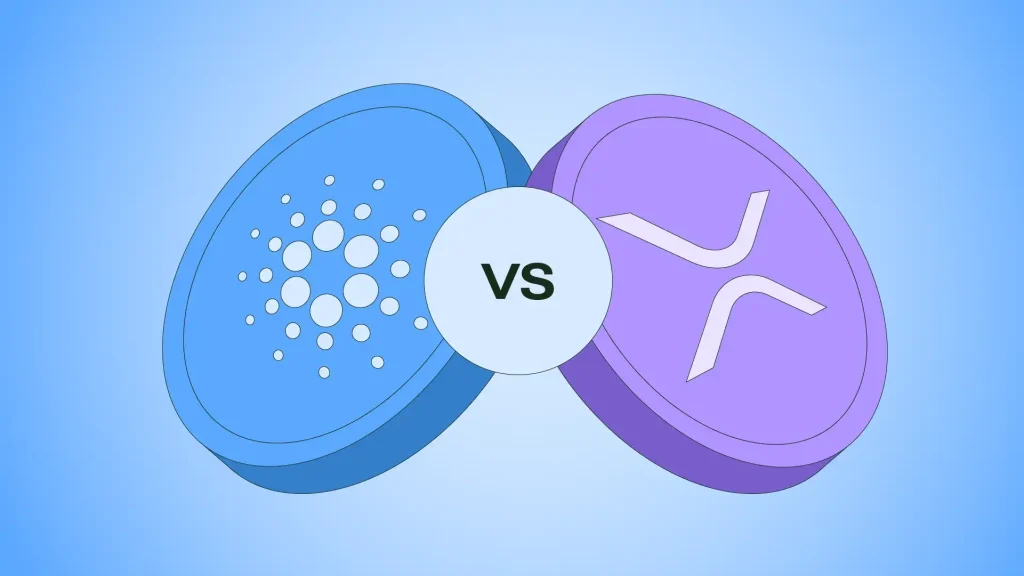
A joint digital currency experiment by central banks and others has been conducted to explore ways to connect monetary authorities and the private sector to facilitate retail payments in digital currencies.
In this experiment, the Bank for International Settlements (BIS) London Innovation Hub and the Bank of England, which bundles the world’s central banks, will collaborate to test over 30 central bank digital currency (CBDC) use cases, including offline payments. Developed 33 application programming interfaces (APIs).
APIs allow two or more computer programs to communicate with each other and share data.
“This ‘Project Rosalind’ explored how the API layer could support retail CBDCs and facilitate safe and secure payments across a range of use cases,” said BIS’s London Innovation Hub. Investor, Francesca Hopwood Road, said in a press release.
The Bank of England is currently discussing a digital pound, which it said would likely be needed in the future. The bank stipulates in its talks that it will host a centralized ledger and API for potential digital pounds. APIs allow private companies to access ledgers and offer services such as automated payments.
In an interview with CoinDesk, Hopwood Lord said Project Rosalind “covers all the different ways the market might react and get involved.”
The experiment tested a wide variety of payment options, including online, offline and in-store payments using QR codes, mobile phones and smart cards. The project also considered the facilitation of micropayments.
“One of the use cases concerns the wallets of children and parents, how payments can be made, how responsible spending can be achieved, how parents allocate pocket money to their children, and how they can put that money in different places. We looked at a lot of things, including how to use it in ,” Hopwood Road said.
The experiment also found that the API layer can accommodate different ledgers.
In April, the BIS, also jointly with the Bank of England, released a report on Project Meridian, a successful experiment in using distributed ledger technology to conduct interbank transactions.
BIS is looking to experiment in different areas to contribute to the “very important” CBDC topic at the moment, Hopwood Road said. More countries are considering issuing CBDCs, and some have already, including Nigeria and the Bahamas.
“Looking at the different experiments we’ve done at the Innovation Hub, we’re exploring the realm of CBDC, whether it’s wholesale or retail, cross-border, offline, security and many other dimensions,” Hopwood Road said. ing.
“These are all very important elements of CBDC research and I think they are areas where central banks are paying more and more attention and attention,” she added.
Blockchain network Quant announced its role on June 16 as part of the vendor team for “Project Rosalind.” In a press release, Quanto said it has partnered with digital solutions platform UST on the project, stating that “Quanto will provide the infrastructure and blockchain platform, secure smart contracts and central bank ledger interoperability, while UST will provide the front-end Rosalind API. built,” he said.
|Translation: coindesk JAPAN
|Editing: Toshihiko Inoue
|Image: Francesca Hopwood Lord, Head of BIS’s London Innovation Hub (BIS)
|Original: Central Banks Successfully Test Over 30 CBDC Use Cases, Including Offline Payments
The post Successfully tested over 30 CBDC use cases including offline payments ── BIS and Bank of England | CoinDesk JAPAN | CoinDesk Japan appeared first on Our Bitcoin News.

 2 years ago
130
2 years ago
130














 English (US) ·
English (US) ·